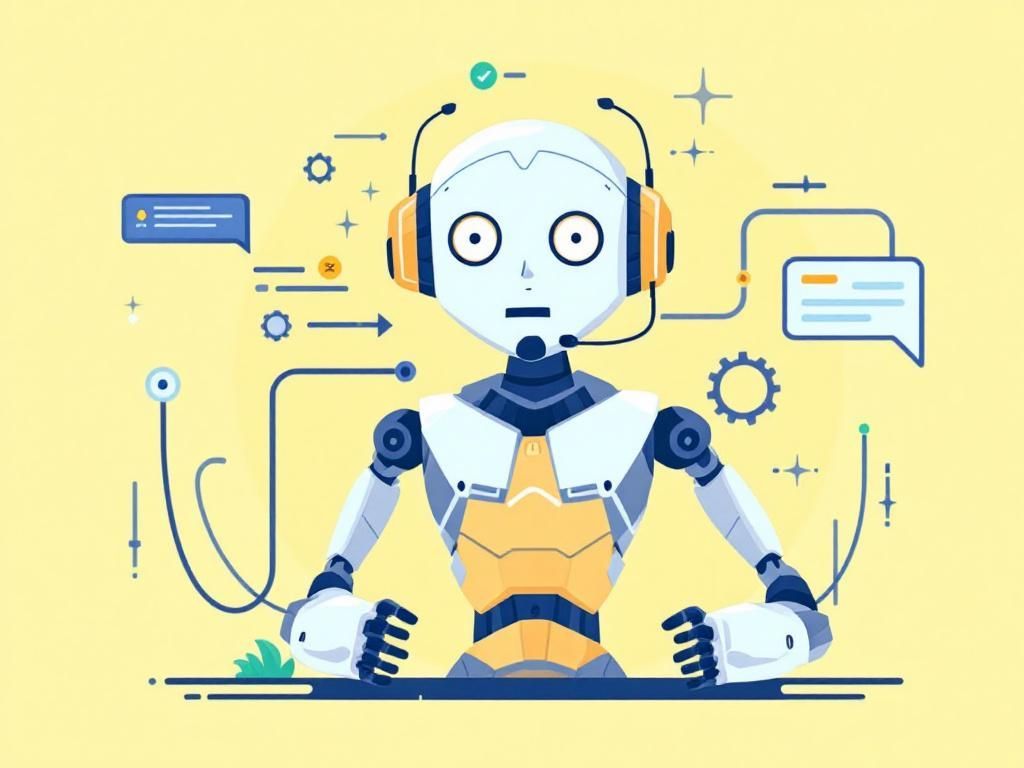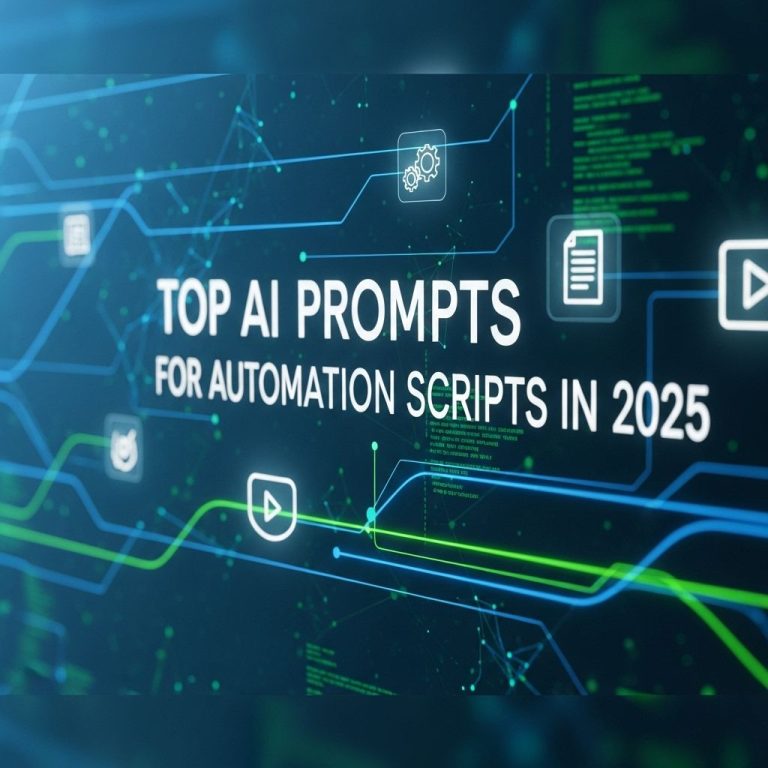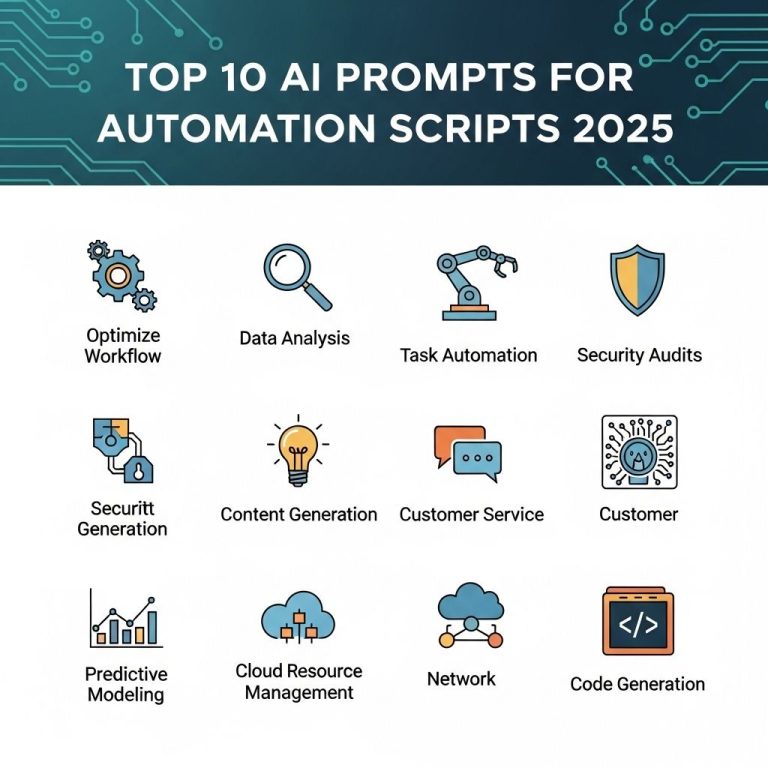In the fast-paced world of technology, businesses are constantly seeking innovative solutions to improve efficiency and enhance customer satisfaction. One of the most transformative advancements in recent years is the rise of AI-powered chatbots. These sophisticated tools not only streamline customer support processes but also provide a personalized experience for users. In this article, we will explore the mechanics of AI chatbots, their benefits, and how they are revolutionizing the customer service landscape.
Understanding AI Chatbots
AI chatbots are software applications that use artificial intelligence to simulate human conversation. They can interact with users through text or voice, providing information, answering questions, and even completing transactions. The technology behind these chatbots has evolved significantly over the years, moving from simple keyword recognition to advanced natural language processing (NLP) and machine learning algorithms.
The Core Components of AI Chatbots
- NLP (Natural Language Processing): This is the backbone of AI chatbots, allowing them to understand and interpret human language.
- Machine Learning: Enables chatbots to learn from past interactions and improve their responses over time.
- Integration Capabilities: Effective chatbots can integrate with various platforms and databases, providing quick access to relevant information.
Benefits of Implementing AI Chatbots
Businesses are increasingly adopting AI chatbots due to the myriad of benefits they offer. Here’s a closer look at some of the most significant advantages:
1. 24/7 Availability
Unlike human agents, AI chatbots can operate around the clock, ensuring that customers receive assistance whenever they need it. This constant availability can lead to higher customer satisfaction and retention rates.
2. Cost Efficiency
Implementing chatbots can substantially reduce operational costs. Here’s how:
- Minimizing the need for large customer service teams.
- Reducing response times, leading to quicker resolutions and less time spent per interaction.
3. Enhanced Customer Experience
AI chatbots can personalize interactions by utilizing data and previous conversations to tailor responses, making customers feel valued and understood. This level of personalization can significantly enhance the overall user experience.
4. Data Collection and Analysis
Chatbots can gather valuable data on customer preferences, behaviors, and feedback. This information can be analyzed to improve products, services, and marketing strategies. Here’s a simple table showing how AI chatbots can categorize data:
| Data Type | Purpose |
|---|---|
| Customer Queries | Understanding common issues and concerns. |
| Interaction Metrics | Identifying peak interaction times for better resource allocation. |
| Feedback | Assessing customer satisfaction and areas for improvement. |
Types of AI Chatbots
AI chatbots can be categorized into various types based on their functionalities and deployment methods:
1. Rule-Based Chatbots
These bots operate on predefined rules and can handle specific tasks. They are best suited for answering frequently asked questions (FAQs) and directing users to relevant resources.
2. AI-Powered Chatbots
Using NLP and machine learning, these chatbots provide more complex conversational capabilities, allowing them to understand user intent and offering personalized responses.
3. Hybrid Chatbots
Combining the strengths of rule-based and AI-powered chatbots, hybrid chatbots can cater to a broader range of inquiries and provide a seamless user experience.
Real-World Applications of AI Chatbots
Many industries have started integrating AI chatbots into their operations. Here are some notable examples:
1. E-commerce
Chatbots assist customers in finding products, tracking orders, and providing personalized shopping experiences based on browsing history and preferences.
2. Healthcare
In the healthcare sector, chatbots can schedule appointments, provide pre-diagnosis, and offer medication reminders, enhancing patient engagement.
3. Banking and Finance
AI chatbots help users with account inquiries, transaction statuses, and even offer financial advice, making banking more accessible.
Challenges in Implementing AI Chatbots
Despite their numerous advantages, implementing AI chatbots comes with its challenges:
1. Understanding Context
AI chatbots can struggle with understanding context, especially in complex conversations. This can lead to misunderstandings and incorrect responses.
2. Privacy Concerns
Handling sensitive information necessitates strict adherence to data protection regulations. Ensuring user data privacy is paramount for maintaining customer trust.
3. Continuous Maintenance
AI chatbots require regular updates and maintenance to stay relevant and effective. This can add ongoing costs to their implementation.
The Future of AI Chatbots
The future of AI chatbots looks promising, with ongoing advancements in AI technology. Here are a few trends to watch for:
- Voice Recognition: As voice-activated devices become more prevalent, integrating voice capabilities into chatbots will enhance user interaction.
- Improved Machine Learning Algorithms: These advancements will enable chatbots to better understand and predict user needs, resulting in more effective communication.
- Omnichannel Support: Future chatbots will likely provide seamless experiences across various platforms, from websites to social media and messaging apps.
Conclusion
AI-powered chatbots are undoubtedly transforming the landscape of customer support. Their ability to provide round-the-clock assistance, improve efficiency, and create personalized experiences makes them an indispensable tool for modern businesses. As technology advances, the potential for even more sophisticated chatbots will only continue to grow, reshaping how organizations engage with their customers.
FAQ
What are AI-powered chatbot solutions?
AI-powered chatbot solutions are automated systems that use artificial intelligence to interact with users, providing instant responses to queries and assisting with various tasks, enhancing customer support.
How do AI chatbots improve customer support?
AI chatbots improve customer support by offering 24/7 availability, reducing response times, handling multiple inquiries simultaneously, and providing consistent answers, which leads to higher customer satisfaction.
Can AI chatbots be customized for specific business needs?
Yes, AI chatbots can be tailored to meet the specific needs of a business, including integrating with existing systems, adapting to brand voice, and addressing unique customer inquiries.
What industries benefit the most from AI chatbot solutions?
Industries such as e-commerce, healthcare, finance, and travel benefit significantly from AI chatbot solutions, as they streamline customer interactions and enhance service efficiency.
Are AI chatbots capable of learning from customer interactions?
Yes, AI chatbots utilize machine learning algorithms to analyze past interactions, enabling them to improve responses over time and deliver a more personalized customer experience.
What are the cost benefits of implementing AI chatbots?
Implementing AI chatbots can lead to significant cost savings by reducing the need for large customer support teams, minimizing operational costs, and increasing efficiency in handling inquiries.




